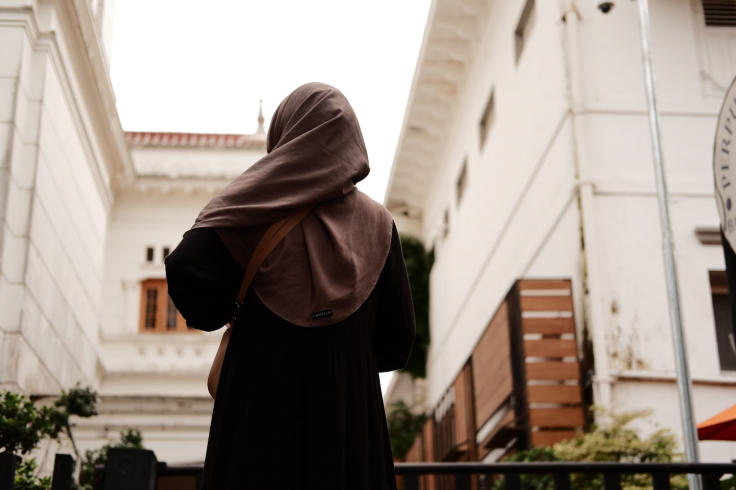The Greater Los Angeles Area office of the Council on American-Islamic Relations (CAIR-LA) has taken a firm stance against the University of Southern California (USC), condemning the institution for its decision to cancel the scheduled graduation speech by this year's valedictorian, Asna Tabassum, a Muslim student.
The move, attributed to purported security concerns, has sparked outrage and accusations of capitulation to bigotry.

CAIR-LA's Condemnation
In a press release, CAIR-LA characterized USC's decision as "cowardly" and urged university officials to reconsider what it deemed a "disingenuous concern for 'security.'" The organization supported Tabassum, denouncing what it described as a deliberate attempt to silence her "uncompromising belief in human rights for all." The condemnation underscores broader concerns about the suppression of marginalized voices and the erosion of academic freedom within institutions of higher learning.
Tabassum's Response: A Voice Silenced
Tabassum, in a statement expressing her disappointment and shock, attributed the cancellation of her speech to a concerted effort by "anti-Muslim and anti-Palestinian voices" seeking to suppress her advocacy for human rights. She lamented USC's decision to yield to a "campaign of hate," emphasizing her sense of betrayal by an institution she had considered her home for four years. Her words reflect the profound impact of the decision not only on her aspirations but also on the principles of inclusivity and diversity that universities are expected to uphold.
USC's Justification: Balancing Safety and Tradition
USC's provost and senior vice president for academic affairs, Andrew T. Guzman, defended the university's decision in a letter to the campus community, citing escalating tensions and security risks surrounding the selection of the valedictorian. Guzman acknowledged the intensification of social media-driven discourse, compounded by external factors such as the conflict in the Middle East, which contributed to the perceived threat to campus safety. He emphasized that while the decision was regrettable, it was necessary to prioritize the safety and well-being of the university community.
Guzman underscored USC's legal obligation to safeguard its students and maintain a secure campus environment, citing precedent and federal regulatory expectations as guiding principles. He sought to dispel misconceptions about the decision, clarifying that it was not a violation of free speech but rather a proactive measure to mitigate potential disruptions during the commencement ceremony. Despite the controversy, Guzman affirmed the academic achievements of all students considered for the valedictorian honor, reaffirming USC's commitment to excellence and inclusivity.
Reflections and Implications
The controversy surrounding USC's decision to cancel Asna Tabassum's graduation speech underscores broader issues of academic freedom, campus safety, and the protection of marginalized voices. The incident raises questions about the limits of free expression in an increasingly polarized and fraught sociopolitical climate. It also highlights the delicate balance universities must strike between upholding democratic values and ensuring the security of their constituents.
As institutions navigate these complex dynamics, it is essential to reaffirm their commitment to fostering an environment where diverse perspectives are tolerated and actively encouraged. USC's response to the outcry will serve as a litmus test of its dedication to equity, inclusion, and academic integrity principles. Ultimately, resolving this controversy will shape perceptions of the university's commitment to upholding the rights and dignity of its community members.
Toward Dialogue and Reconciliation
In the aftermath of this controversy, stakeholders must engage in constructive dialogue and reflection to address underlying tensions and promote healing. Universities are responsible for upholding their values of tolerance, respect, and intellectual exchange, even in the face of adversity. Institutions like USC can emerge more robust and more resilient by fostering an environment conducive to open discourse and mutual understanding, reaffirming their role as bastions of knowledge and enlightenment in an ever-changing world.
© 2025 University Herald, All rights reserved. Do not reproduce without permission.








